The face of higher education is changing; it’s flexible, it’s global and it’s connected. Universities now export its prestige, opening campuses abroad, offering distance learning options and affiliating with local campuses to improve reach and accessibility. One could say, it is the golden era of international higher education.
The landscaping is changing; higher education is no longer bound to campuses, collages and four-year programmes. This change breaks age barriers that were traditionally tied to higher education. One can study his first degree right after high school or 20 years, bit of savings and 2 kids later.
To embrace this change in average age of graduates, some schools have started day-care and evening childcare services. Some schools, like Brookhaven College in Texas, have designed entire programs for learners 55 and over.
Three changes that has taken place in the higher education landscape that allows older students are:

Online courses
Distance learning is the best thing that happened to adult learners. It removes the rigidity of traditional learning, giving the student the flexibility to decide when to study, how to study and what to study. As an adult learner, if you feel conscious sitting in a class and doing group assignments with those who are half your age, distance learning removes all that awkwardness.
Flexibility
Adult learners often find maintaining a healthy work-life-study balance as the biggest challenge. Making it on time for classes, strict assignment deadlines and difficulty in finding/affording childcare are some of the main factors that discourage adult learners. When your children are sick and your assignment is also due on the same day, what would you pick, one may wonder. Awarding bodies now acknowledge that students need some level of flexibility to be academically sound and have introduced special programmes especially for adult learners.
Recognition
Most awarding bodies now value work experience and previous studies and award due credit to offer accelerated entry for study programmes. This helps adult learners to minimise the time and money spent on education.
According to the National Center for Education Statistics, close to 3 million people who are 35 years or older were enrolled in college. It is clearly never too late to return to school and better your life.
At BATHE, we offer a range of higher education pathways depending on both the learner’s needs and timescales. Our accelerated programmes help adult learners to secure due recognition and save time and money spent on completing their education.









